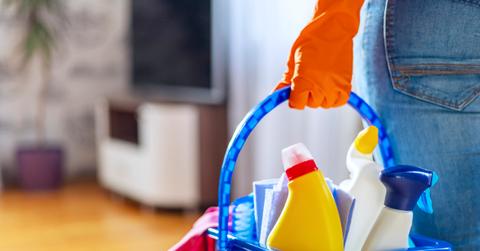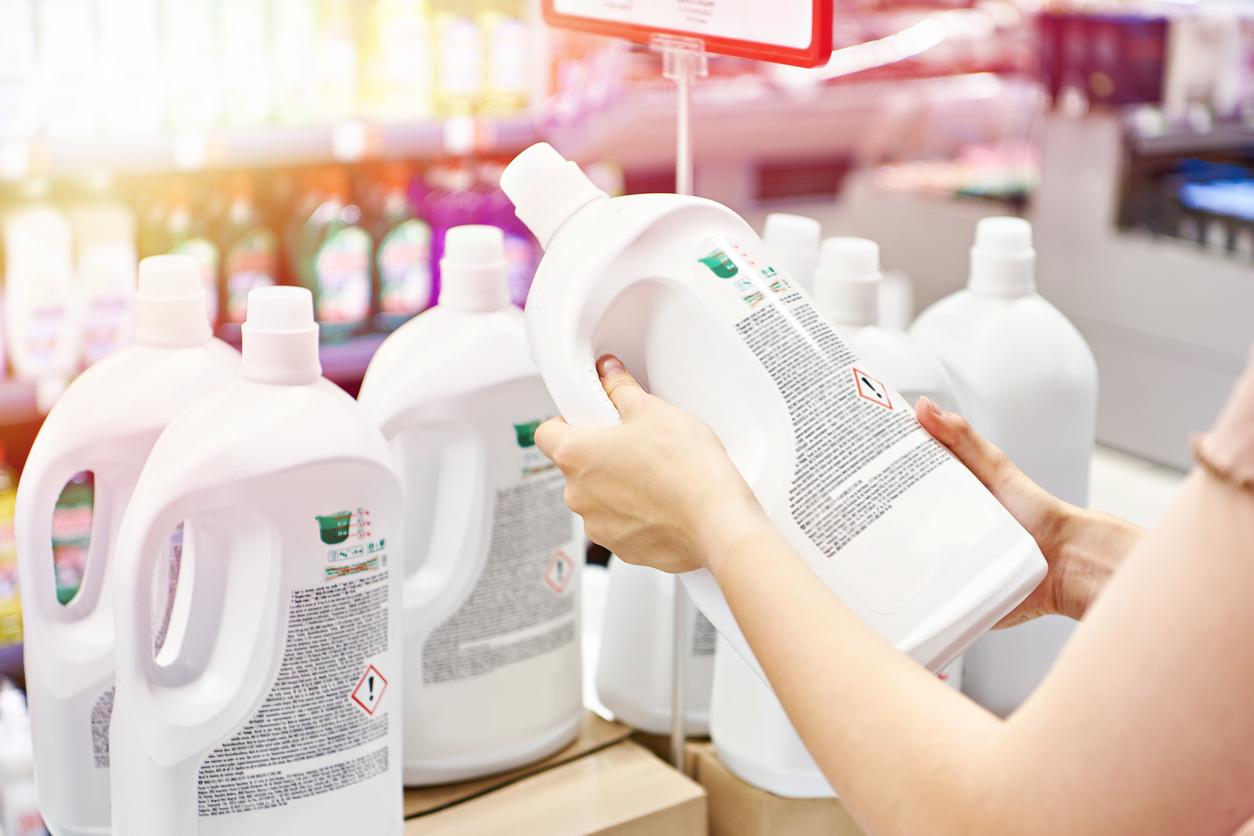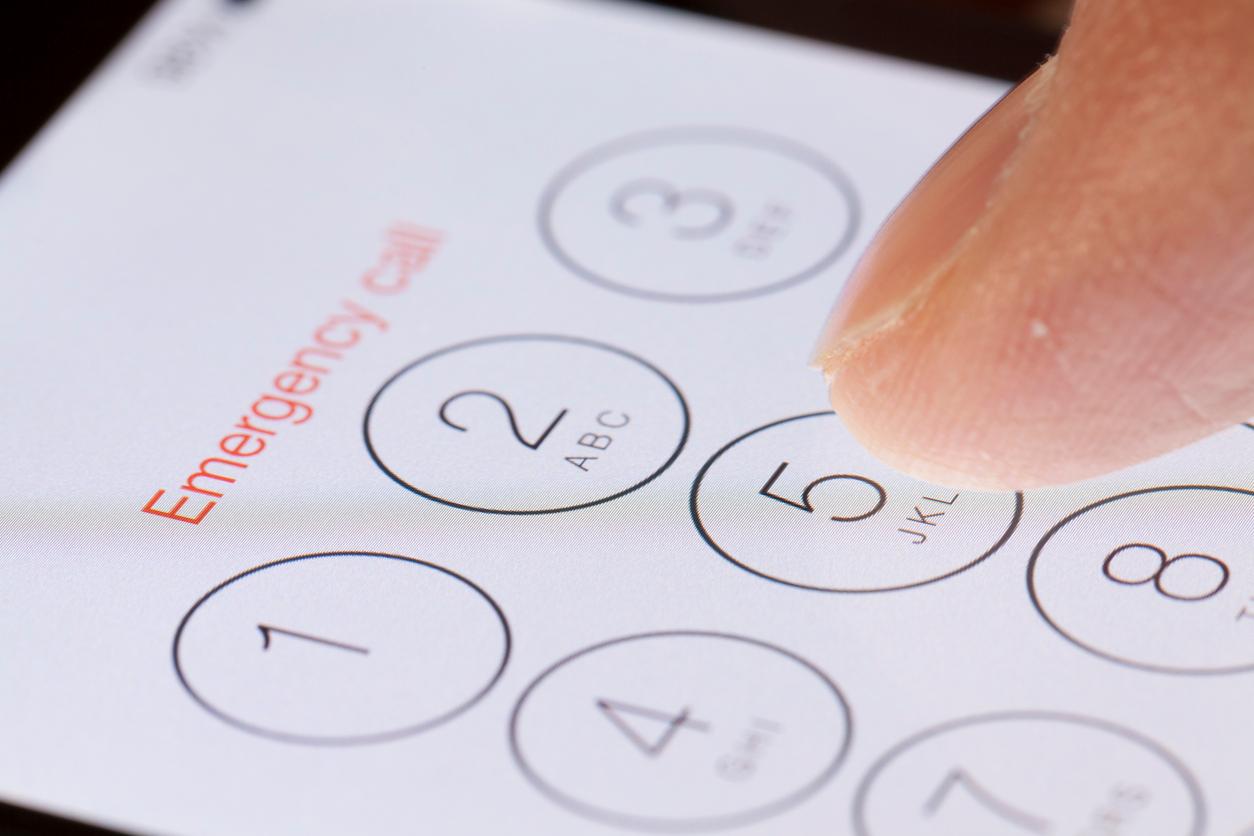Why You Should Never Mix Bleach and Vinegar
The two substances can be powerful on their own, but do not mix them to amplify their strength.
Published Oct. 15 2024, 1:05 p.m. ET

It's cleaning day. You've read about the cleaning prowess of distilled vinegar and you're curious about using it in your home. You also know about the disinfectant properties of bleach and would like to do a deep clean around the house. To really get every nook and cranny around your home as sanitized and as clean as possible, should you combine the two in order to make a powerful DIY cleaner?
As it turns out, the two powerful cleaners do not amplify each other's strengths — instead, using them together can pose a dangerous risk. Keep reading to learn why to avoid combining bleach and vinegar, and always be sure to read the safety measures and labels of any substances you are considering introducing into your home.

Can you mix bleach and vinegar?
No, you should never mix bleach with vinegar. According to the U.S. Centers for Disease Control and Prevention (CDC) mixing bleach with household cleaners (like vinegar) could produce vapors that can be dangerous to inhale.
You may be familiar with the utility of distilled vinegar as a do-it-all cleaner around the house, though it is not recognized by the Environmental Protection Agency as a disinfectant, like bleach. As explained by TODAY, mixing the two does not create a super substance capable of safely cleaning and disinfecting.

What happens if you mix bleach and vinegar?
Mixing bleach and vinegar causes a severely dangerous reaction and should be avoided. Per a research article published in the CDC, mixing bleach and vinegar "can generate chlorine and chloramine gases that might result in severe lung tissue damage when inhaled."
Especially for those with asthma, as well as children, older adults, and companion animals, the risk of a potentially fatal chemical reaction is absolutely not worth the dangerous experiment.
According to Allrecipes, although chlorine gas itself is a yellow-green color, it is invisible and imperceptible visually when mixed into the air. Chlorine gas is only detectable through a pungent odor and the potentially life-threatening side effects it causes, per Allrecipes.
If the strong odor doesn't tip you off, you may experience burning skin, eyes, nose, and throat, as well as difficulty breathing, nausea, and other terrifying symptoms. If you or anyone in your care experiences these issues after being exposed to bleach and vinegar together, seek medical attention.
“It’s it is a very common call that we get a poison control,” Dr. Kelly Johnson-Arbor told TODAY, which cited nearly 5,000 calls to poison control in 2021 due to exposure to chlorine gas as a result of mixing bleach with an acid-based product.
According to the National Capital Poison Center, chlorine gas may smell like bleach. Per the resource, the gas is heavier than air, so it is likely wafting close to the ground.
This, of course, places companion animals at additional risk. Once you have ensured your safety and the safety of those around you, if an animal is in the presence of chlorine gas, or comes in contact with bleach itself, take them to an urgent veterinary hospital immediately.